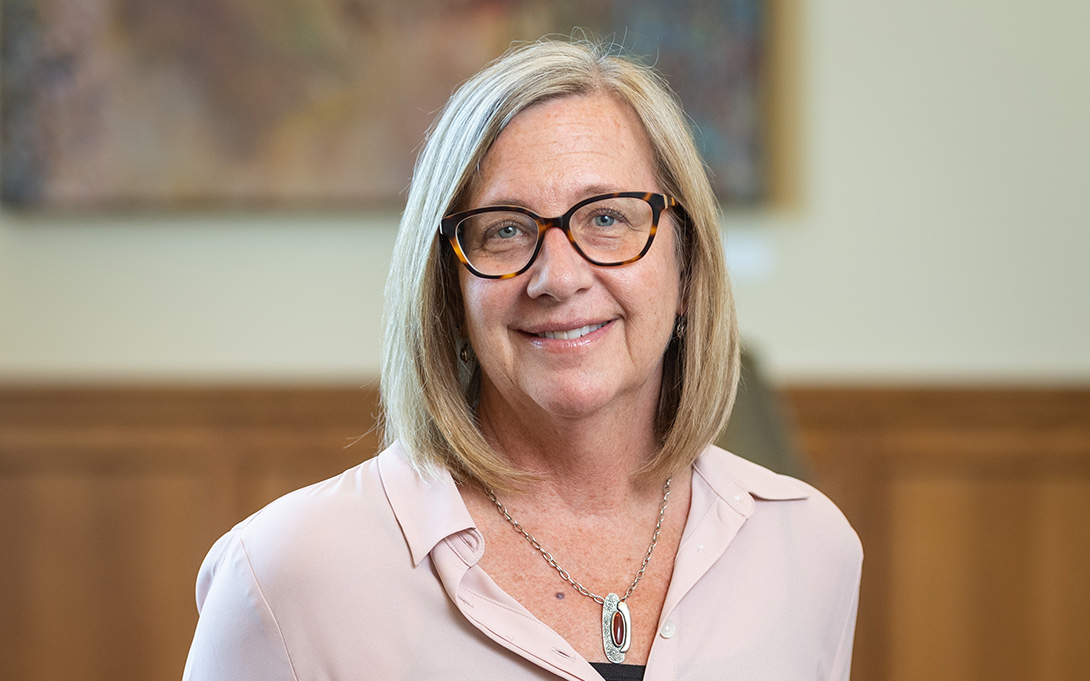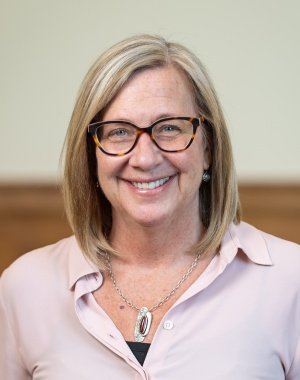
How does the medicalization of public health undermine effective community-based governance responses? Paula Lantz, James B. Hudak Professor of Health Policy, dove into this question on Ethics Talk, a podcast produced by the American Medical Association Journal of Ethics.
"At the foundation of the fields of population and public health is this deep and longstanding understanding of how the more proximate determinants of individual health like income, food, housing, safe environments, psychosocial factors, and yes, health care are influenced and unequally distributed within society," Lantz said. "Medicalized approaches to health at a population level ignore a really basic principle in epidemiology, which is that we need to distinguish between sick people and sick populations."
It's important that not just doctors, but policymakers too, understand the social determinants of health.
"At the macro level, it’s really the drivers here are public policy. It’s public policy that both creates health problems and health inequities, but also, it’s public policy that needs to be reformed to try to solve and address these problems," Lantz added. "And so, I personally think the director of CDC, the person obviously needs to understand disease processes, pathogens, clinical treatment issues. There’s no question about that. However, I think the director of CDC also needs to be a policy expert and more of an expert in social, environmental policy, and economic policy and also in public health law than in health care policy or health insurance policy."
Lantz provided advice for those pursuing careers in health care.
"If someone who’s interested in health care and interested in working in a field where you do work with individuals and try to make their health better through clinical care—and that’s fantastic—but if they also want to work on health equity and work on the social determinants of health, my main recommendation is that they get some additional training in public policy," she said. "And this is why personally, I made a switch in my own career eight years ago. I moved from being primarily located in a school of public health to a school of public policy, where for the last eight years, I’ve been surrounded by colleagues who are really experts on poverty prevention policy, social welfare policy, environmental policy, transportation policy, education policy, employment and labor policy."
Listen to the entirety of "Ethics Talks: How Medicalization Limits Public Health Effectiveness."
